News & Blog
Gain insights from our Master Trainers and stay up-to-date with all of QBS's crisis prevention & behavioral safety news
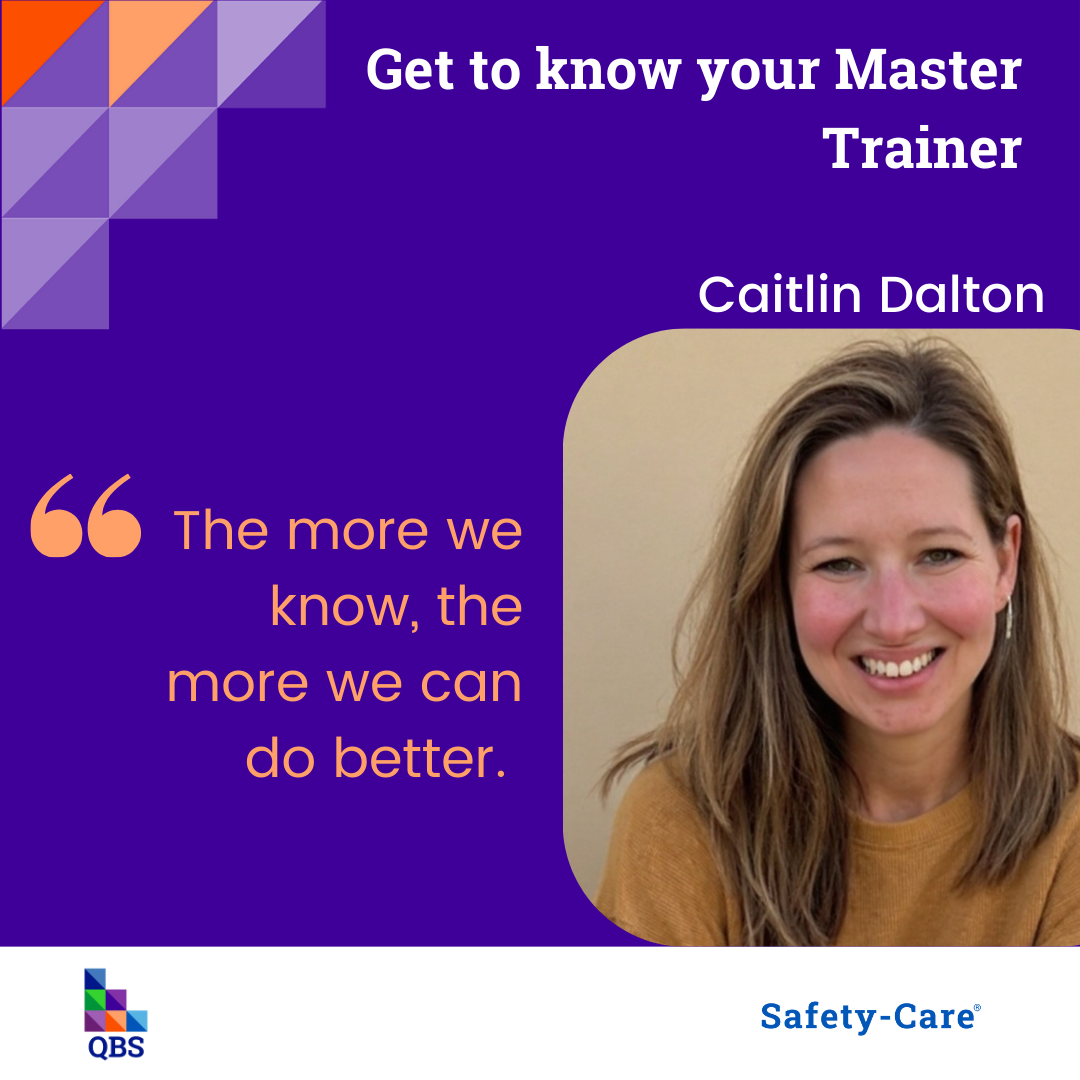
Meet our Master Trainer: Caitlin Dalton
A Compassionate Approach for Professionals & the Individuals They Serve For Caitlin Dalton, becoming a Safety-Care Master Trainer was…

Holiday Tips for Supporting Children with Disabilities
The holiday season can be joyful, exciting, and full of meaningful traditions, yet it can also bring big changes in…
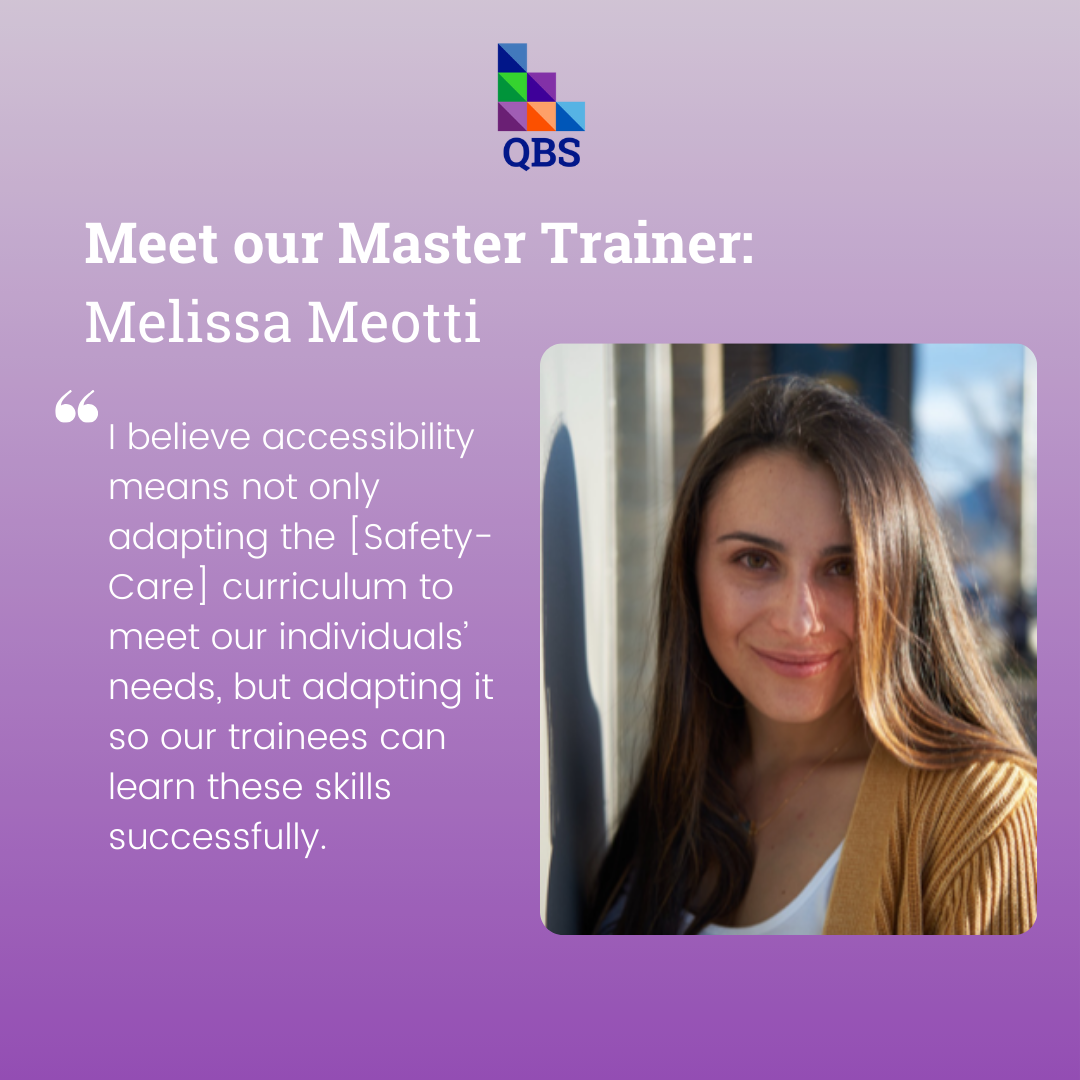
Meet our Master Trainer: Melissa Meotti
At Safety-Care by QBS, our Master Trainers bring an inspiring blend of professional experience, personal passion, and dedication to accessible…
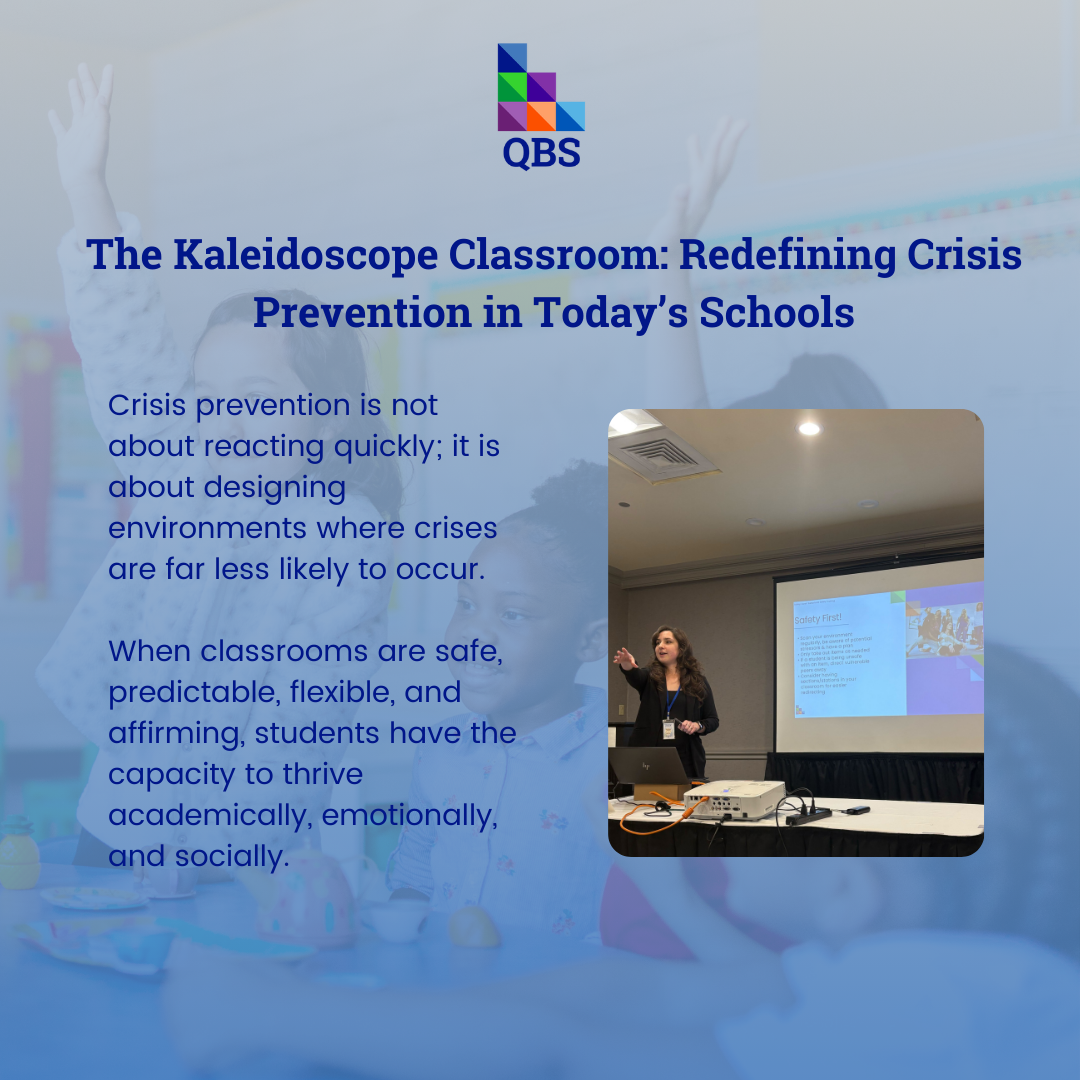
The Kaleidoscope Classroom: Redefining Crisis Prevention in Today’s Schools
At the 2025 Proficio Conference in Chicago, Safety-Care by QBS Master Trainer Michaela Newton, MS, BCBA, LBA, delivered an inspiring…
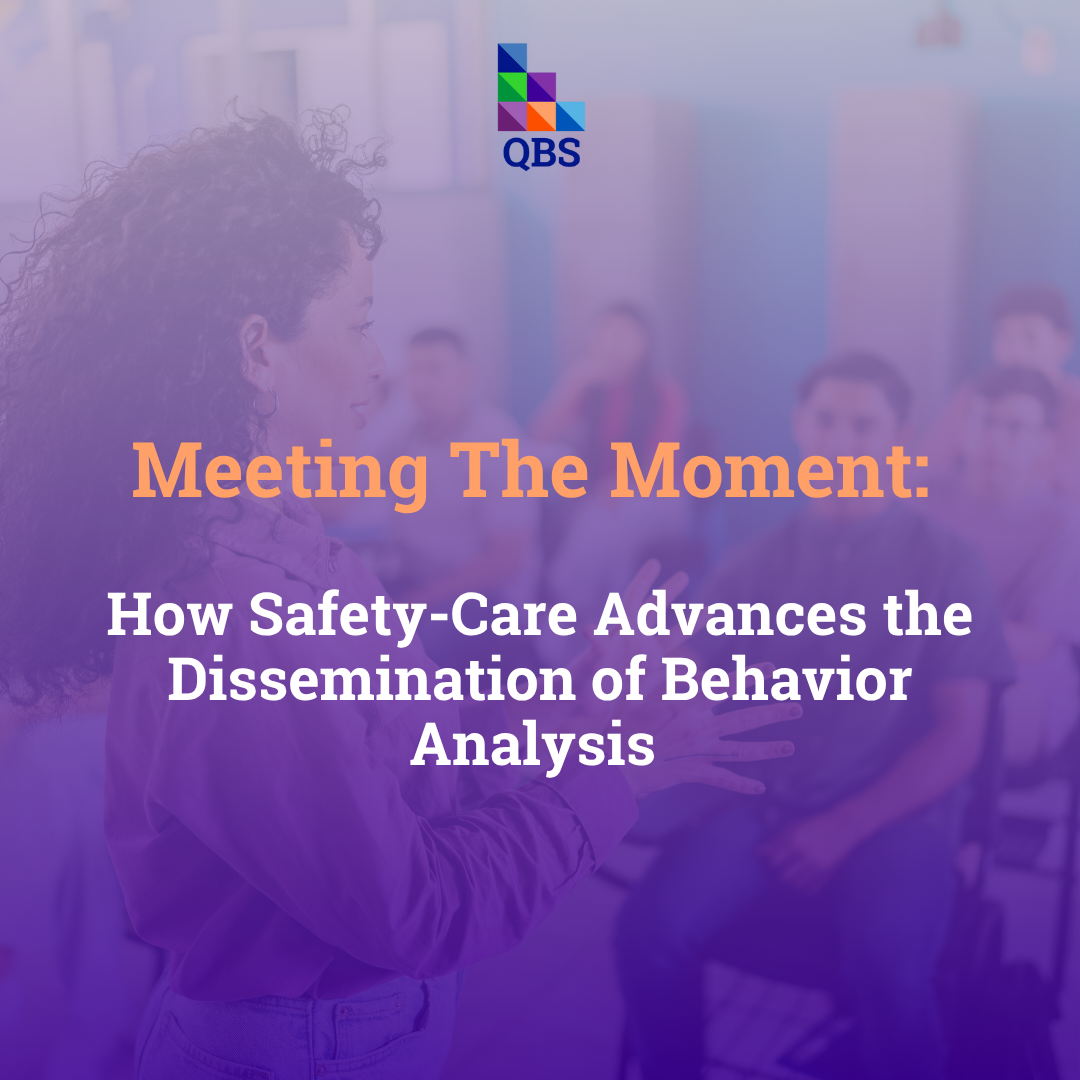
Meeting the Moment: How Safety-Care Advances the Dissemination of Behavior Analysis Through Crisis Prevention Training
Bridging the Gap Between Science and Real-World Practice At the 2025 annual Georgia Association for Behavior Analysis (GABA) conference, a…

De-Escalation Strategies Explained: Where to Start and When to Switch
De-Escalation, or DE, involves the use of the Help, Prompt, and Wait strategies to help someone engaging in escalated or…

One System, One Standard: How Carbon Lehigh Streamlined Crisis Training
At Carbon Lehigh Intermediate Unit #21 (CLIU 21) in Pennsylvania, supporting students with autism, behavioral disorders, and other special needs…
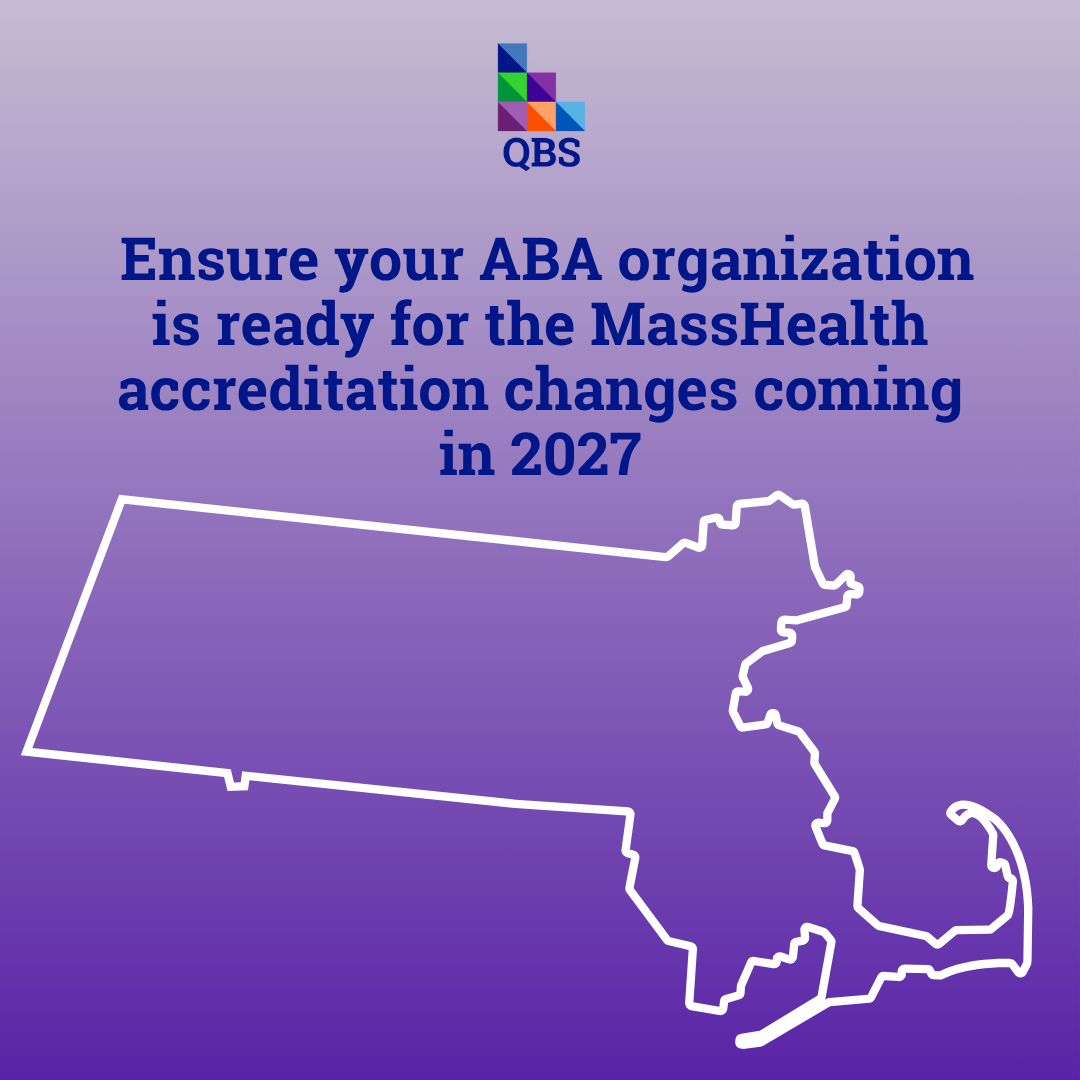
Massachusetts ABA Accreditation Requirements
Massachusetts ABA Requirements Are Changing: What’s New, and How Safety-Care Helps Massachusetts is moving ABA organizations toward independent accreditation and…

Meet Our Master Trainer: Noel Lopez
At Safety Care by QBS, our Master Trainers bring diverse experiences and perspectives to their work. Today, we’re excited to…

Customer Spotlight: Stride Autism Centers Builds Safety and Support for Children with Autism
In our latest Customer Spotlight interview, we spoke with Ashley Whittington-Barnish and Stephanie Wilson from Stride Autism Centers about their…

Highland Pines School: Transforming Student Behavioral Support Through Safety-Care Implementation
Highland Pines School, a center-based school within the Tuscola Intermediate School District (TISD) in Michigan, successfully implemented the Safety-Care behavioral…

How to Systematically Evaluate Crisis Prevention Training Programs for Your Organization
In human services settings, particularly those dealing with behavioral health, having an effective crisis prevention and de-escalation training program is…
Interested in Switching to Safety-Care®?
Read the 12 reasons to adopt Safety-Care® Crisis Prevention Training
Access Here
 By using our site, you consent to our use of cookies to enhance functionality and analyze site performance.
By using our site, you consent to our use of cookies to enhance functionality and analyze site performance.